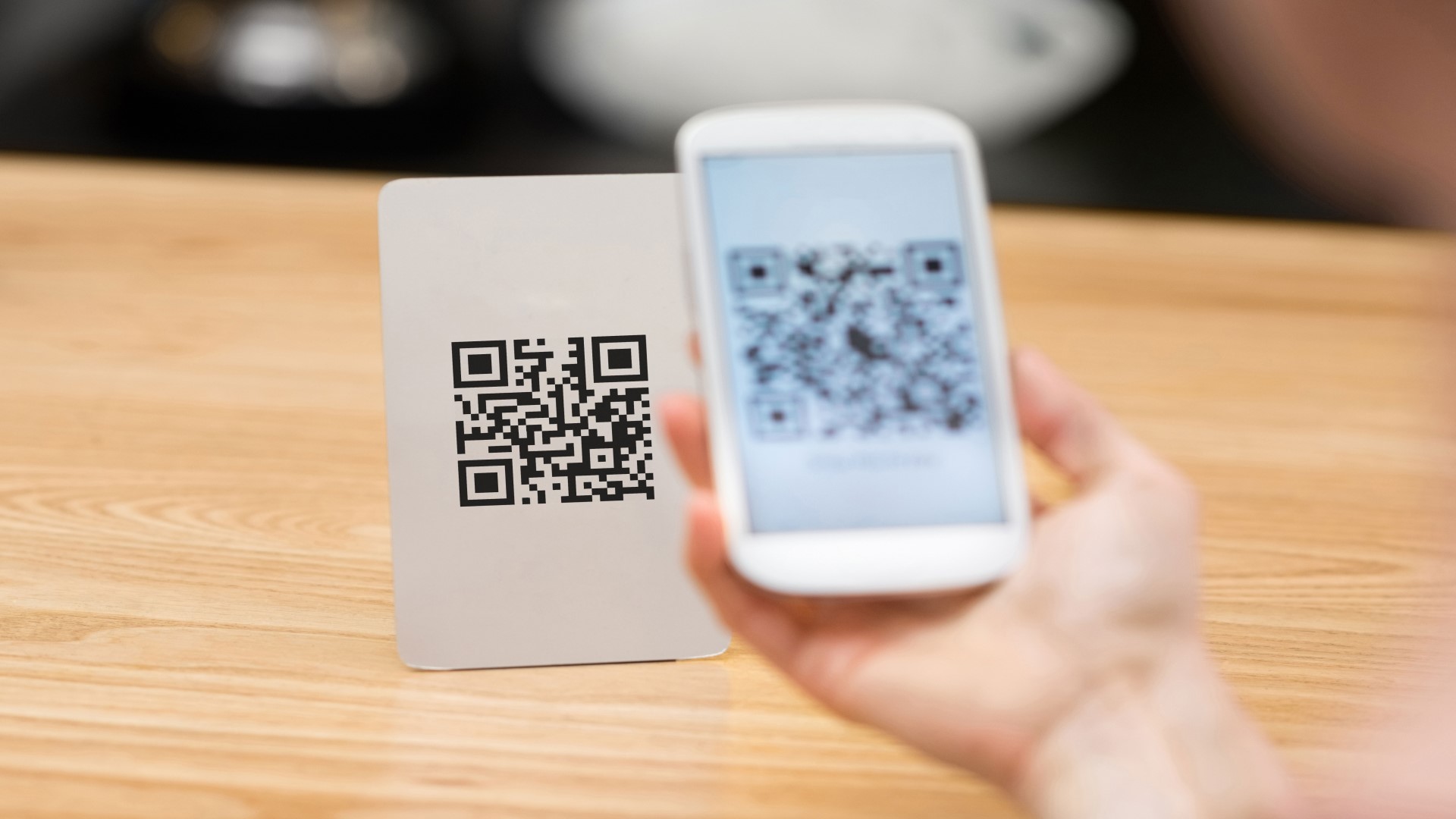
Publication
Insurance regulation in Asia Pacific
Ten things to know about insurance regulation in 19 countries.


Global | Publication | april 2022
The New Covid Decree provides that from 01 April to 30 April 2022:
The New Covid Decree provides that from 01 April 2022:
Prior to the enactment of the New Covid Decree, a distinction was made between vaccinated and non-vaccinated persons with regard to isolation and self-monitoring rules. The New Covid Decree eliminates this distinction, and also does not set a minimum time period required for home isolation.
With regard to masks, the New Covid Decree provides that from 01 April to 30 April 2022:
Any person over the age of 6 must wear an FFP2-quality mask to gain access to:
Until 30 April 2022, to gain access to other types of indoor places, excluding private homes, any person over the age of 6 must wear Personal Protective Equipment, but not necessarily FFP2-quality masks.
The New Covid Decree provides the following rules regarding the obligation to get the Covid-19 vaccination:
Suspension from work without pay remains in force for all workers who do not possess a Basic Green Pass. If the employer is a private company, until 30 April 2022, a worker who does not possess a Basic Green Pass may be replaced.
From 25 March to 30 April 2022, workers must present a Basic Green Pass to gain access to their places of work.
Prior to the enactment of the New Covid Decree, certain workers (including those over 50 years of age) were required to present a Reinforced or Super Green Pass to gain access to their places of work. Therefore, for these workers, the New Covid Decree enables them to gain access to the workplace even if not vaccinated or recovered from Covid-19, as long as they can demonstrate a negative swab test result every 48 hours.
Until 30 April 2022, a worker who enters the workplace without a Basic Green Pass may receive a sanction of between €600 and €1,500, in addition to other disciplinary sanctions decided by the employer.
The deadline for access to the ‘Smart Working Simplified Mode’ has been extended to 30 June 2022. Therefore, a smart working arrangement between an employer and a worker may be put in place without any requirement to record the arrangement in writing and sign an individual agreement with the worker; the only requirement is for the employer to send the name of the person who is smart working through a dedicated electronic system to the Ministry of Labour.
In any case, we still highly recommend that our clients draft relevant smart working agreements, in the interests of both the employer and its workers. A draft law is currently being discussed in the Italian Parliament, which intends to reform Law no. 81/2017 related to smart working.
We will keep you informed of developments regarding new smart working legislation and Covid-19 related regulations in Italy.

Publication
Ten things to know about insurance regulation in 19 countries.
Subscribe and stay up to date with the latest legal news, information and events . . .
© Norton Rose Fulbright LLP 2025